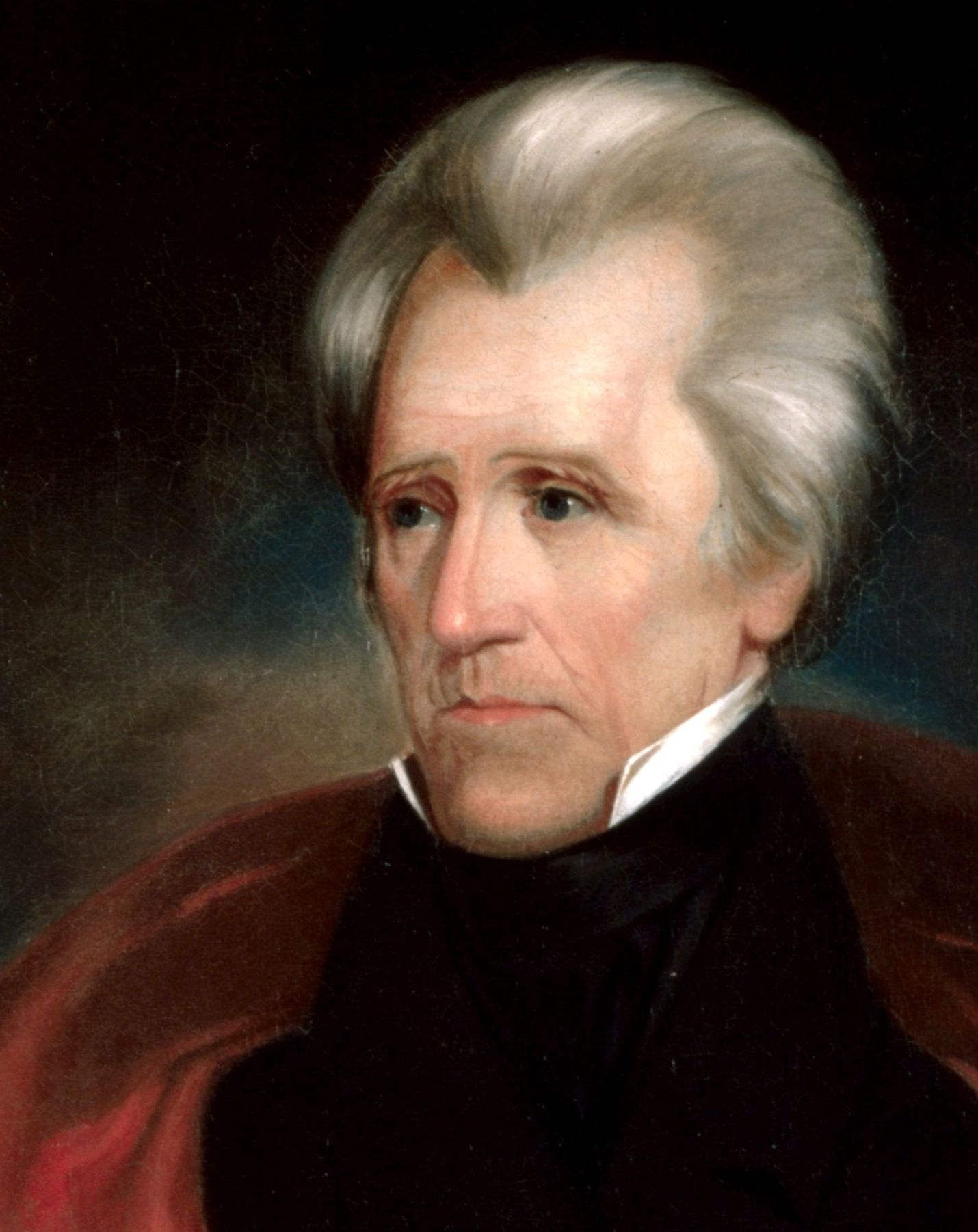Authors:
Historic Era: Era 4: Expansion and Reform (1801-1861)
Historic Theme:
Subject:
February/March 2021 | Volume 66, Issue 2


Authors:
Historic Era: Era 4: Expansion and Reform (1801-1861)
Historic Theme:
Subject:
February/March 2021 | Volume 66, Issue 2

Andrew Jackson's accession to the presidency in 1829 was only the second time under the United States Constitution that the reins of power were transferred from one political party to another. The first time was when Jefferson became president in 1801, and although he removed a number of Federalist officeholders, he was in principle opposed to wholesale removals for party reasons. Madison held these principles, as did Monroe and Adams, both of whom refused to take advantage of the opportunity that the Tenure of Office Act of 1820 gave them to appoint their political friends.
When Jackson became president, he reversed this policy. He argued that the former system was undemocratic, for under it “office is considered as a species of property, and government rather as a means of promoting individual interests than as an instrument created solely for the service of the people.” As Jackson conceived of the theory of rotation of office, it was a democratic reform designed to prevent the all too frequent passing of office from father to son and the support of the few at the expense of the many.
In short, Jackson argued for rotation on the grounds that it made the civil service more responsive to the popular will.
Rotation of office in theory was one thing; in practice it was something else. Although Jackson never justified the idea of rotation in terms of partisan politics, some of his more practical-minded supporters did. There is no question but that Jackson's theory of rotation spawned what was later to be called the “spoils system.”
Jackson's opponents vigorously denounced the president's removal power on the grounds that it dangerously increased executive authority, and they argued that it was neither a specifically delegated power nor an inherent part of the president's office. Long suspicious of Jackson's military background, they were fearful that like Caesar he would continually arrogate power to himself until he put an end to the republic. They complained constantly of the “reign of King Andrew ľ” and called themselves “Whigs” after the English party that had opposed monarchical authority in the eighteenth century.
All efforts to check the president's power of removal, by making him accountable to the Senate and giving Congress the right to prescribe the tenure of officeholders, proved futile, however; finally, the opposition stopped when the Whigs adopted the system upon assuming power in 1840.
The Removal of the Deposits from the Second Bank and the Censure of President Jackson
The most significant confrontation between Jackson and Congress came when the President removed William J. Duane as secretary of Treasury. The specific episode was not part of the broader debate over Jackson's rotation policy, for Duane had received his appointment from Jackson. Rather, it